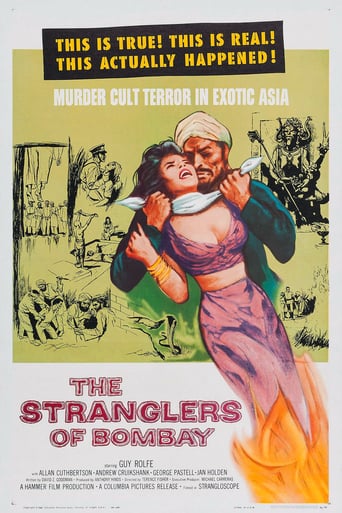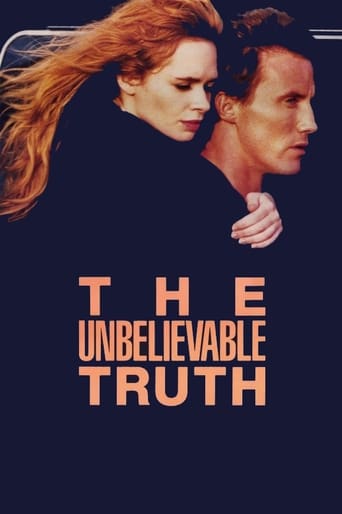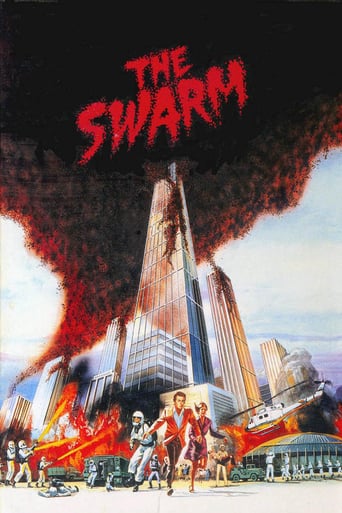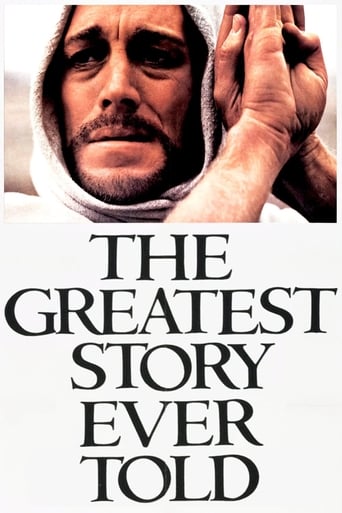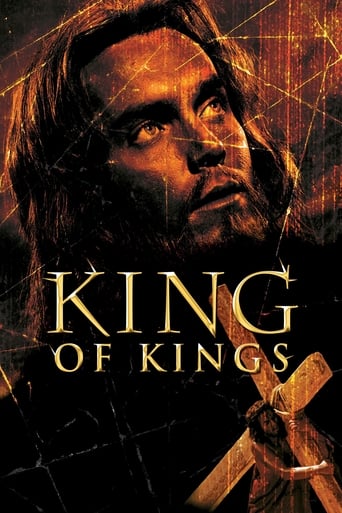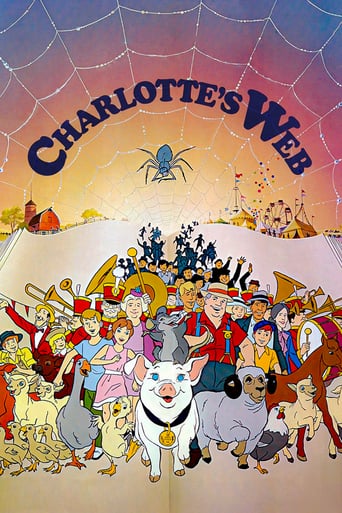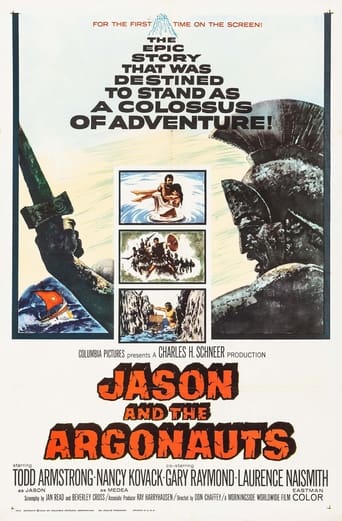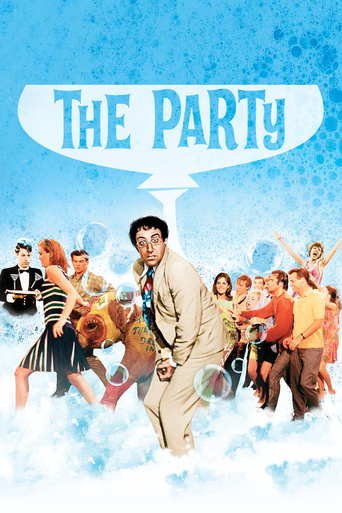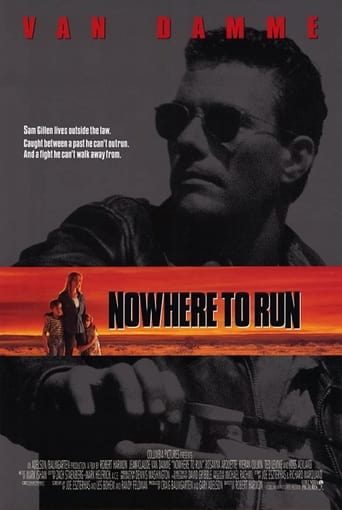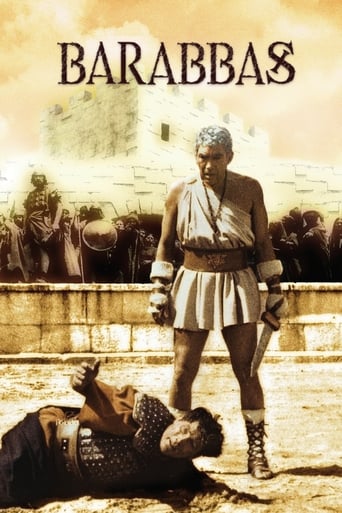


Barabbas
Epic account of the thief Barabbas, who was pardoned for his crimes and spared crucifixion when Pilate offered the Israelites a choice to pardon Barabbas or Jesus. Struggling with his spirituality, Barabbas goes through many ordeals leading him to the gladiatorial arena, where he tries to win his freedom and confront his inner demons, ultimately becoming a follower of the man who was crucified in his place.
-
- Cast:
- Anthony Quinn , Silvana Mangano , Arthur Kennedy , Katy Jurado , Harry Andrews , Vittorio Gassman , Norman Wooland


Similar titles
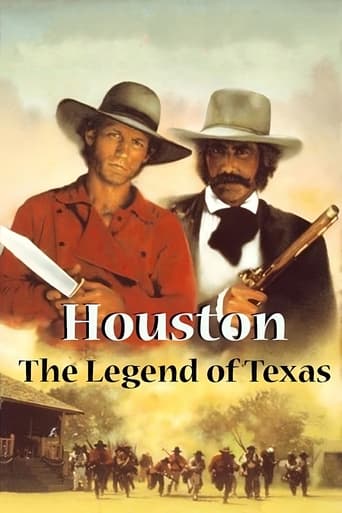
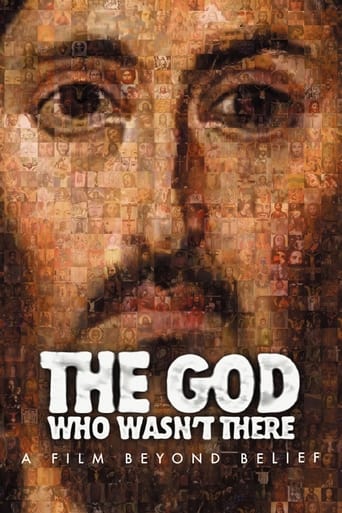
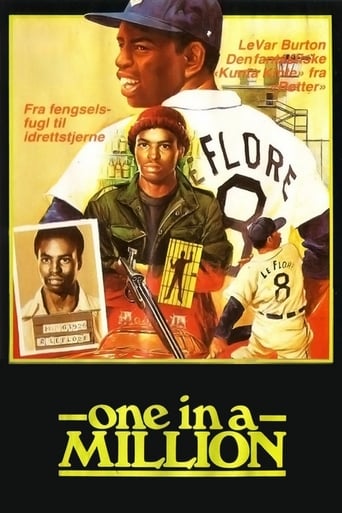
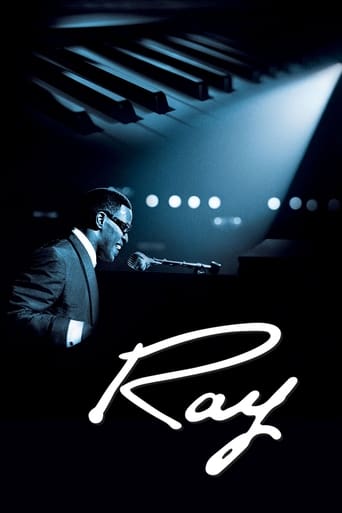
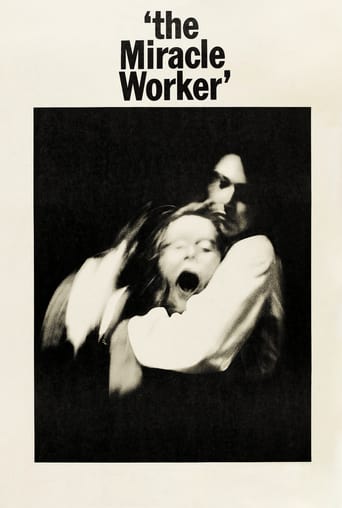
Reviews
A terrific literary drama and character piece that shows how the process of creating art can be seen differently by those doing it and those looking at it from the outside.
This is a gorgeous movie made by a gorgeous spirit.
It's easily one of the freshest, sharpest and most enjoyable films of this year.
Actress is magnificent and exudes a hypnotic screen presence in this affecting drama.
Barabbas is a religious epic film that tells the story of Barabbas based primarily on the gospels particularly that of the Gospel of Mark.It stars Anthony Quinn in the title role together with Silvana Mangano, Katy Jurado, Arthur Kennedy, Harry Andrews, Ernest Borgnine, Vittorio Gassman, and Jack Palance. It was adapted from the Nobel Prize-winning 1950 novel of the same title written by Pär Lagerkvist.Barabbas is the thief who was pardoned in place of Jesus. For the rest of his life, the guilt-ridden criminal tries to go through life by trying to find his way in the world as he encounters the self- righteous pomposity of Pontius Pilate and experiences the gladiatorial sadism of Torvald and the burning of Rome.The movie is a movie spectacle that will definitely be comparable to those biblical epics released in the 50's and the 60'.It includes great and spectacular scenes such as battle of gladiators and the crucifixion shot that was shot during a real eclipse of the sun.Added to that,the portrayal of Anthony Quinn was nothing short but excellent.That alone makes it watchable and entertaining despite its somewhat slow pacing.
Of all the epics made during the 50s and 60s, this is one of the most memorable and certainly the most unusual - it hasn't dated all that much mainly because of its almost surreal quality.The film is based on Pär Lagerkvist novella, which tells the story of Barabbas, the bandit the people of Jerusalem chose to save instead of Jesus Christ. It is a haunting work; a chronicle of survivor guilt as Barabbas comes to terms with why he was spared.The screenplay by Christopher Fry, the playwright regarded by contemporaries as the 'Shakespeare of his time', follows the novel to a point: the crucifixion of Jesus, Barabbas meeting with the disciples in Jerusalem, his time in the mines; and finally, his anguished days in Rome.However, the filmmakers added other elements, especially the brilliant scenes in the arena and the gladiatorial sequences. The film also changes some of the characters. The emaciated woman referred to only as 'the girl with the hare-lip' in the novel, whose fate so troubles Barabbas, becomes the beautiful Rachel played by Silvana Mangano, but her end is the same; stoned to death for her beliefs.Despite the changes, the film captures the strangeness of the novel and adds a surreal touch that even Fellini would have approved of. In fact, it was Fellini who first thought of making the film, and felt that Anthony Quinn would be right for the part. However this is director Richard Fleischer's film. He made some good ones including "The Vikings", but this film is far removed from others such as "Ashanti". "Barabbas" is his masterpiece. Somewhere along the way he tapped his inner Fellini.Many factors give the film its power. Anthony Quinn is hardly off the screen and brings his unique intensity to the role; you feel his torment as he believes his death has been stolen. Harry Andrews makes a thoughtful Peter, Arthur Kennedy likewise an erudite Pontius Pilot, but Jack Palance just about steals the film as the psychotic gladiator, Torvald.One of the most powerful aspects of the film is the music. This was the era of impressive epics with monumental scores to match - Tiomkin's "Land of the Pharaohs", Rozsa's "Ben Hur", North's "Spartacus"; all brilliant, all employing massive orchestras. However Mario Nascimbene's score is different. He was experimental and combined orchestral instruments with sounds created electronically, gongs recorded at half speed etc; standard stuff these days but right off the wall in 1961. Anyway, the score he created still sounds avant-garde - just listen to it during the whipping of Christ or accompanying the scenes in the mines. This was also Mario's masterpiece, because a lot of his other scores sound pretty ordinary in comparison.The art direction and costumes were also off-centre for this kind of movie. The Romans with their plumed helmets and furled cloaks smack of paintings of the Neo-Classical or Romantic periods of art rather than the functional realism of "Spartacus" or "Fall of the Roman Empire".All those talents combined to make this the most haunting of epics; it has another quality above spectacular sets and scenes. It's a film that is hard to forget.
In one of the first scenes Barabbas steps out of his dark prison cell to find the peculiar glinting figure of the man who's going to take his place on the cross and rubbing his eyes says he's not used to the light. So here we have both facets that make this interesting. It is, more so than Ben Hur and perhaps even Spartacus, less grand in the cinematic brushstroke but more troubled and honestly so about the spiritual picture it paints, more human.It starts with what we know as a spiritual narrative, Pilates' trial of Jesus, but approaches it in the historic light. It follows only the last legs of that narrative from the crucifixion on but does so through Barabbas' questioning eyes. We assume divinity because it's that story but the body could have been stolen, the eclipse natural; it all might just be a story about god.The spiritual question that looms is why doesn't god make himself plain? If this is a spiritual narrative as the newly devout insist throughout, why is it so hard to discern its truth?Barabbas finds it hard to believe so returns to his banditry which opens up a cycle of sinking deeper into a life of meaningless toil and punishment, seen most clearly in the sulphur mines where each subsequent year the slaves are lowered to a deeper level as their eyes become accustomed to the dark, again eyes tied to light. It isn't so just for him of course, Christians suffer next to him so what difference does it make, faith or god?There's a scene where a Christian lectures gladiators that their pagan gods are fictions that will be sure to amuse modern viewers. But this was the powerful reality of early Christianity, the only time it truly mattered. Christians could point to a specific time and place where god appeared as part of history, I can only imagine the invigorating urgency. It had all become clear, linear. They did joyfully expect to see his return within their lifetime.There is something powerful to be gleaned here; life isn't any better for the believers than Barabbas, the whole difference has nothing to do with the material facts, it's all about the light in which you choose to see. The tragic irony is that when Barabbas chooses to believe it is only out of guilt, a madness that is the fire he sets to things (this is during Nero's fire) that is his belief that the anticipated return would be fiery like this.So forget that it's a religious spectacle we watch during Lent and carries that form, this is more erudite than usual and deserves to be seen next to Stromboli about the difficulties of faith.
As a fan of Sword & Sandal films, with over 250 films in my collection, I have to say how disappointing BARABBAS is. It's overproduced baroque nonsense that takes a real character from history and then creates a wildly speculative story, which is an overlong and cluttered symbolic one at that, and for what? The film's first big mistake was casting Quinn who was all wrong as the titular character. At 46, he was too old for the character. How many 46 year old gladiators would survive in the arena? As incredulous as that was, the combination of the busy cast of known and unknown actors populating the landscape, most of them overacting as if their lives depended on it, the episodic story, of Barabbas stumbling from one forgettable clichéd roman storyline after another, within its numerous big, elaborate sets, with almost all of them not even remotely believable, looking like massive papier mache monstrosities (the uninspired lighting and camera-work don't help them look more than sets), gave the film a needless baroque atmosphere. The film was less biblical, more spaghetti western. In many instances this would actually be a plus but in this case, the baroque quality simply overwhelmed everything to a point of being gag inducing. The overwrought sulfur mine moment is a perfect example of it being too much.Director Richard Fleischer was obviously not interested in any of it, probably thinking that if one could keep the fake story busy no one would notice that not much of it makes any sense. Of all the biblical/Sword & Sandal/Peplum epics, this one is as bad as SODOM & GOMORRAH.As a side note, for fans of S&S flicks, you'll enjoy spotting many familiar faces, including Joe Robinson (from the Thor/Taur movies), Vittorio Gassman and Salvatore Borghese (the mute from the Ten Gladiators films) and many others.


